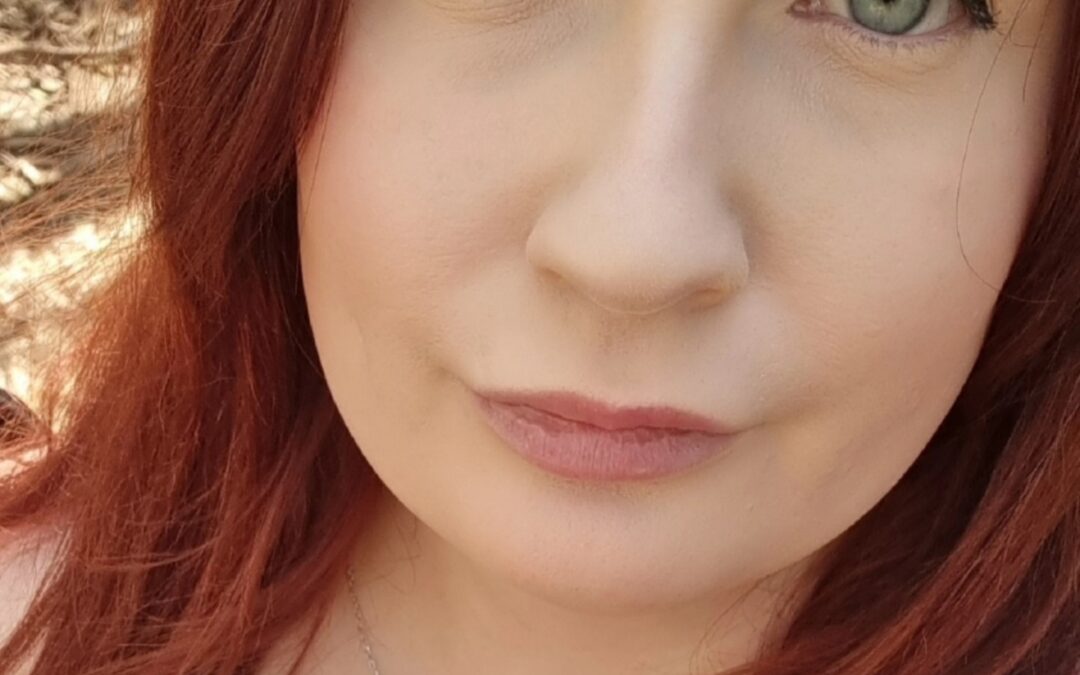Chloe Timmer is a 31 year old registered nurse who has worked in the field for 5 years. She has experienced endometriosis symptoms since starting her period, and has undergone 4 surgeries since being diagnosed in March 2016. She shares her insider perspective of the healthcare system to advocate for change, and to encourage other healthcare workers to learn more about the condition.
Chloe’s story
 It’s a story Endo Warriors know all too well; a distressing trip to the emergency department. Despite being a nurse herself, Chloe has always been afraid to visit the ED when experiencing serve pain caused by endo. Afraid of waiting for 10+ hours, afraid of having to sit upright in pain; afraid that pain will be dismissed non-urgent as it’s ‘just abdominal’.
It’s a story Endo Warriors know all too well; a distressing trip to the emergency department. Despite being a nurse herself, Chloe has always been afraid to visit the ED when experiencing serve pain caused by endo. Afraid of waiting for 10+ hours, afraid of having to sit upright in pain; afraid that pain will be dismissed non-urgent as it’s ‘just abdominal’.
Chloe describes her latest trip to the ED— at the same hospital where she works— as absolutely horrible.
“My husband had to call the ambulance because it was to the point that I couldn’t walk, I couldn’t move. And that was the only time I agreed to go to hospital, because the paramedics were like: ‘well, you’ve gotta go’,” she says.
“I advised the staff of my issues and reasons for attending and for 3 hours they just palmed me off and left me curled in a fetal position crying and begging for help.”
Eventually, after speaking to the consultant on shift and 4 doctors, Chloe was advised she would have to see the pain team in business hours and was discharged.
This experience is unfortunately common and highlights some key issues within the healthcare system in how endo patients are treated.
People with endo interact with a variety of practitioners across the entire healthcare system: from medical receptionists, GP doctors and ER nurses, to gynaecologists, pain specialists and surgeons. For Chloe, this experience has been mixed. She’s grateful to have found an incredible GP, pain specialist and surgeon, but overall feels disappointed by many negative encounters.
As Chloe explains, seeking help to manage her pain can be difficult when healthcare workers, who are not specialists, lack a basic knowledge of endometriosis.
“When I’m in a crisis, when the pain becomes so serve or something occurs in the ovaries, there’s no help,” Chloe says.
“My pain specialist doesn’t work 24/7, doesn’t work after hours, so if I want to be in contact with him it’s Monday to Friday between 9 to 5. But if I go to hospital they just kind of dismiss it like it’s absolutely nothing.”
There’s only been one time visiting the ED that Chloe felt like one of the nursers properly understood her, explaining: “She told me that her sister has endo, so she completely understands what was going on. She was so helpful… but that’s the only time I’ve actually been validated for having endo. Every other time I’ve been told: ‘it’s appendicitis, you have to see a pain specialist’ and all of that kind of stuff.”
Alongside her experiences as a patient, Chloe recalls many instances throughout her career working as nurse that speak to a lack of endometriosis awareness and understanding amongst her colleagues.
When Chloe first moved jobs two years ago, she told her employer that she had endometriosis, only to realise he didn’t know what it was.
“He said: ‘what’s endometriosis?’ And I was like: ‘you’ve been a nurse in the field for 20 years and you don’t know what it is?’ He was like: ‘I’ve never heard of it before.’ So I had to send him all the information,” she explains.
Working as a mental health nurse, Chloe has noticed a tendency for doctors to dismiss the pain caused by endo in patients also suffering from mental illness, saying: “I find a lot of the time it’s kind of just stigmatised with mental illness.”
“Working in a mental health ward I’ve had many patients with endo and they’ve complained of pain, and the doctors are like: ‘no, no, no, Panadol, Panadol, Panadol’. No referral to gynaecology, no referral to pain specialists, it’s just: ‘it’s all in your head’.”
This stigma is something Chloe has also experienced first hand visiting the ED, saying her pain has been invalidated and dismissed as mental, despite her extensive history with endo.
“It really blows my mind how they could think it’s just a mental health situation, when it’s not. It’s been proven, I’ve had surgeries, I’ve managed for 5/6 years now,” she says.
Chloe’s experiences and observations as a nurse highlight the challenges that endo patients face when navigating the healthcare system, even for those working within it. This raises concern about the accessibility of healthcare for more vulnerable groups; such as trans and non-binary people, Indigenous Australians, people with disabilities, those living in rural communities, and those from lower socio-economic backgrounds.
As data from the 2019 Endometriosis in Australia: Prevalence and Hospitalisations report shows, Indigenous Australian’s with endo are 1.6 times less likely to access healthcare, citing a range of barriers including appropriateness (through comprehensive and non-discriminatory services) and acceptability (through culturally appropriate services).
Those from a lower socio-economic background are also less likely to access healthcare services, with statistics showing that: ‘endometriosis-related hospitalisations were more likely than all hospitalisations for females to be partly or fully funded by private health insurance (57% compared with 43%). They were also twice as likely to be self-funded as all hospitalisations for females (7.9% compared with 3.6%).’
The trend towards private healthcare is likely influenced by the long wait lists—spanning up to 1 year— for endometriosis surgeries within the public system, as most gynaecology surgeries are classified as category 3 (the lowest priority) elective surgeries in the Nation Elective Surgery Urgency Categorisation Guidelines.
What is being done to improve these issues?
As a society we must seek to rectify poor understandings of endometriosis within the healthcare system, so that patients can receive the adequate support and compassion they deserve.
To achieve this, Chloe is training to be an educator at work for her fellow mental health nurses. She also hopes to encourage other healthcare workers at her hospital, outside of the maternity and gynaecological sections, especially those in the emergency department, to learn more about the condition.
Another promising step is the National Action Plan for Endometriosis, which aims to: ‘improve awareness and understanding of endometriosis among health professionals working at every stage in the clinical pathway’, ‘develop clinical guidelines and clinical care standards to promote integrative care for all stages of the care pathway’, and to improve accessibility to services for vulnerable and disadvantaged population groups.
Alongside this, National Clinical Guidelines to improve diagnosis and treatment of endometriosis were realised this week, with Minister for Health and Aged Care, Greg Hunt saying: “The new Australian Clinical Practice Guideline for the Diagnosis and Management of Endometriosis will provide up to date, evidence-based guidance to support the highest quality care in a variety of Australian healthcare settings.”
Hopefully, with people like Chloe speaking out and sharing their insights, alongside the implementation of the National Action Plan and clinical guidelines, the healthcare system can work towards creating an environment where endo patients feel validated and comfortable seeking medical assistance— not just from specialists, but from all workers across the board.
Written by
Kellie Highet

